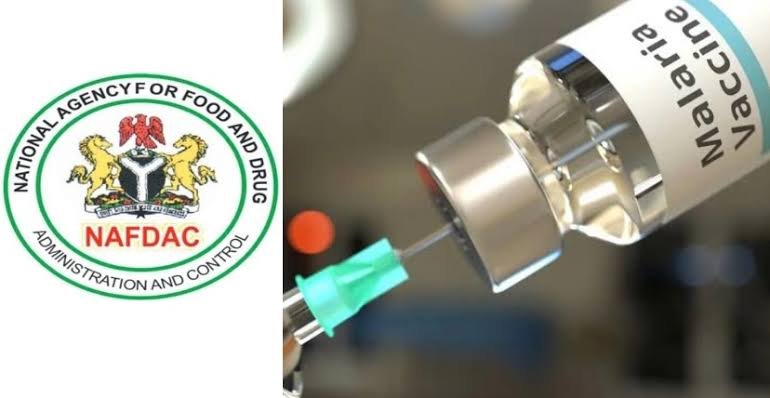NAFDAC APPROVES USE OF GARDASIL VACCINE FOR CERVICAL CANCER
Terseer Jackson
17/10/2023.
The Director General of National Agency for Food and Drug Administration and Control- NAFDAC, Christianah Mojisola Adeyeye has agreed with the National Primary Health Care Development Agency’s – NPHCDA – decision to introduce the off-label use of quadrivalent Gardasil vaccine as a single dose to combat the incidence of cervical cancer in Nigeria from the last quarter of 2023.
In a statement to the press by the Director General, the support of this decision as data from immunogenicity trials, post-hoc analyses of efficacy trials, and post-licensure observational studies among females have demonstrated that a single dose of HPV vaccine is sufficient to elicit an immune response that provides similar protection as a multidose regimen against initial and persistent HPV infection.
Adeyeye informed that, the World Health Organization – WHO – Strategic Advisory Group of Experts on Immunization – SAGE – has recently updated its recommendations on HPV vaccination schedule and has advised that a single dose schedule can be used for girls aged 9-14 years and young women aged 15-20 years, instead of the previous two or three-dose schedules.
She rated the Disease Burden of Cervical Cancer as a Major public health problem in Africa, where it is the leading cause of cancer death among women. According to the World Health Organization, about 119,000 new cases and 81,000 deaths from cervical cancer occurred in Africa in 2020, accounting for 22.5% of the global burden.
She said in Nigeria, it is the most populous country in Africa, as one of the highest cervical cancer incidence and mortality rates in the continent, with an estimated 15,000 new cases and 10,000 deaths annually. She added that several factors contribute to the high disease burden of cervical cancer in Nigeria, such as low awareness, poor screening coverage, limited access to treatment, and high prevalence of human papillomavirus (HPV) infection.
Human Papilloma Virus infection (HPV infection) is caused by a DNA virus belonging to the family Papillomaviridae. The virions are non-enveloped and contain a double-stranded DNA genome. HPV is the most common viral infection of the reproductive tract and causes a range of conditions in men and women, including pre-cancerous lesions that may progress to cancer.
Adeyeye said the decision to deploy the off-label Gardasil as a single dose schedule is based on the scientific evidence that a single dose of Gardasil vaccine can provide solid protection against cervical cancer caused by human papillomaviruses (HPVs).
She mentioned that the benefits of the single dose Schedule include; Reducing the cost and logistical challenges of delivering multiple doses, especially in resource-limited settings, Increasing the coverage and equity of HPV vaccination, as more girls and women can access the vaccine , acelerating the elimination of cervical cancer as a public health problem, as part of the global strategy launched by WHO in 2020 and Global cost-effectiveness analysis suggests that vaccinating pre-adolescent girls is usually cost-effective for cervical cancer prevention, particularly in resource constrained settings where screening and other cervical cancer prevention and control measures often have limited coverage.
Gardasil is a vaccine that protects against human papillomavirus – HPV – , a common sexually transmitted infection that can cause cervical, vaginal, vulvar, and other cancers. Gardasil is recommended for girls and boys aged 11 to 12 years, but it can be given as early as 9 years or as late as 26 years. The vaccine is given as two or three doses, depending on the age of the person receiving it.
At 18 months post vaccination, the efficacy of a single dose of HPV vaccine against incident persistent high-risk (HPV16/18) infection was 97.5% (95% CI 82–100) for the nonvalent vaccine and 97.5% (95% CI 82–100) for the bivalent vaccine.
Gardasil has been granted registration approval by the National Agency for Food and Drug Administration and Control – NAFDAC – in exercising its mandate as stipulated by its enabling law, NAFDAC Act CapN1, LFN 2004 and after rigorous regulatory evaluation process for vaccines. The single dose has comparable efficacy and duration of protection as a 2-dose schedule and may offer programme advantages, is more efficient and affordable, and contribute to improved coverage
The DG concluded that in line with its mandate to protect Public Health, the agency is committed to ensuring the safety, quality and efficacy of the Gardasil vaccine, and will continue to monitor its impact and performance and this is an effective and sustainable interventions to prevent and control cervical cancer in Nigeria and other African countries.




